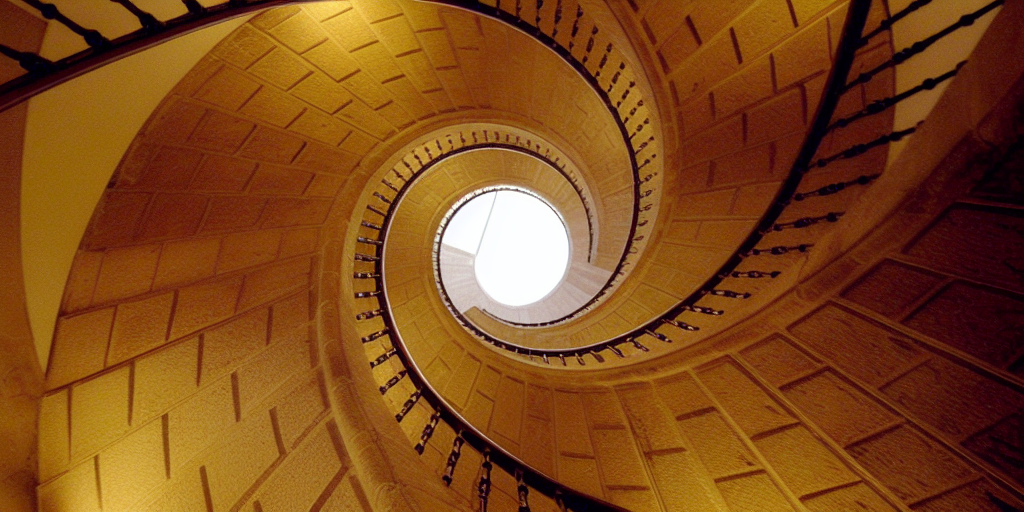Speaker
Description
Hybrid quantum-classical algorithms emerge as one promising approach to improve the performance of current quantum computers. In this work, we consider the method to execute general quantum algorithms on two different QPUs connected via classical communication. The optimal protocol for such computation consists of two steps: First, a quasi-probabilistic simulation scheme generates the required number of entangling gates among the two QPUs. Second, the entangling gates are distributed across the circuit by gate teleportation. To perform this protocol, we propose the set of quantum circuits and the classical postprocessing required to simulate $k$ CNOT gates. We show that the extra sampling overhead required to execute this parallelization protocol is $2^{k+1}-1$. Our method can be directly adapted to parallelize widely used algorithms such as variational quantum algorithms. This work serves as an intermediate step towards a distributed quantum architecture in which an array of connected QPUs via quantum communication perform the execution of a quantum algorithm jointly.
